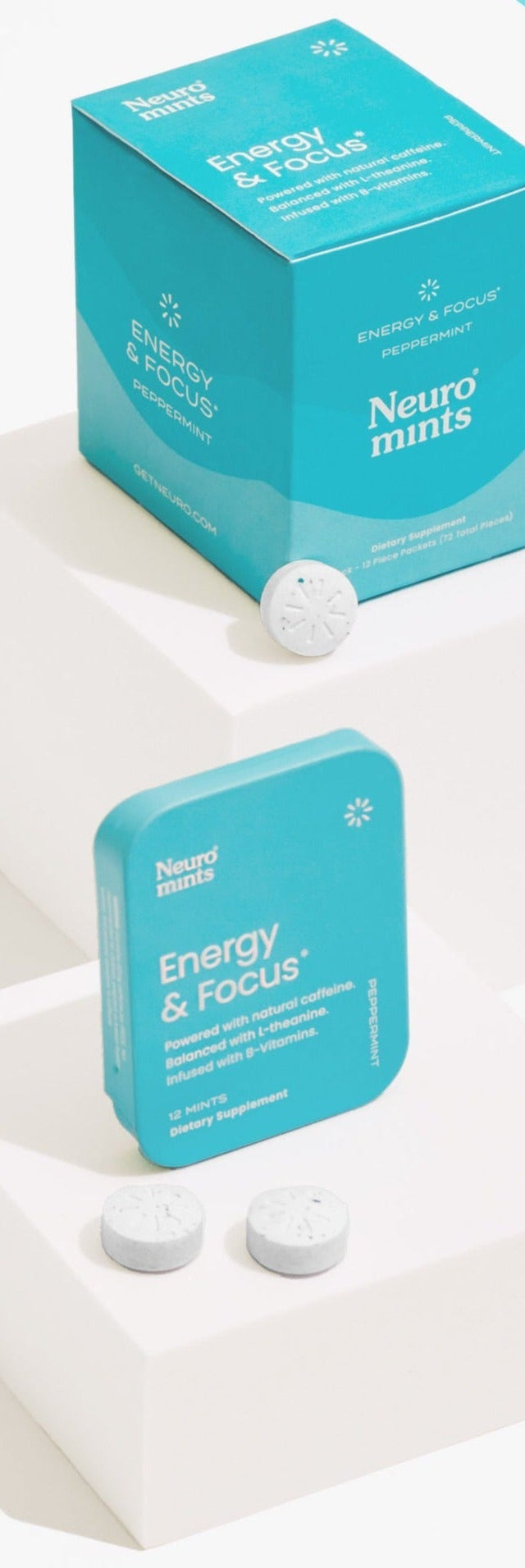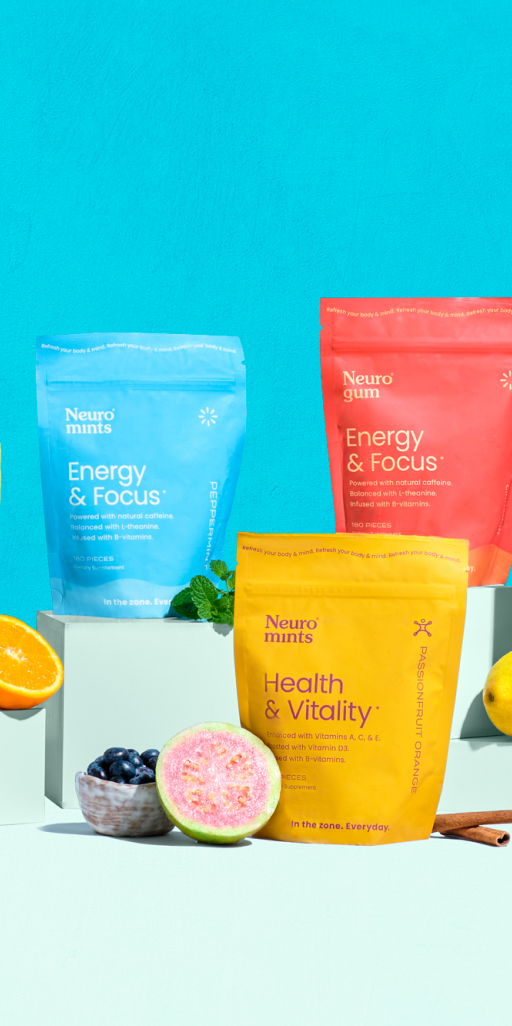Why Should I Consider a Sugar Free Diet?
Most adults consume more sugar than recommended. We should be limiting calories from added sugars to no more than 10% each day. This equates to 200 calories, or about 12 teaspoons, for a 2,000 calorie diet.
However, the average American ingests 270 calories or 17 teaspoons of added sugar each day! This reason alone is enough to consider a sugar free diet.
What is a No Sugar Diet?
A no sugar diet means that all sources of added sugar are removed from your daily food and drink intake (like soda, candy and desserts for example). This includes the obvious tablespoons of white granules, as well as the hidden sugars that are prevalent in many processed foods found today.
Generally, a sugar free diet can take many forms:
- Eliminating added processed sugar sources
- Eliminating ALL foods that contain natural sugars, such as fruits and grains
-
Saving foods with refined sugar for ONLY special occasions
The degree to which a person cuts out sugars is dependent upon their preferences. Choosing one over the other doesn’t make a person any less qualified to be following this regimented diet. They simply exist at different points along a spectrum.
What Does Sugar Do To Your Body?
Sugar does not meet any human nutritional need. It is a chemical that has been extracted from plants, and is commonly referred to as “empty calories.” The only “benefits” of sugar are that it makes your food taste better, and can temporarily provide short-term energy. However, that enhanced flavor and energy comes at a massive cost.
Reducing sugar in the diet can help reduce the risks of numerous conditions, including:
- High Blood Pressure
- High cholesterol
- Decreased Energy
- Brain Fog and Memory Loss
- Weight Gain
- Type 2 Diabetes
- Dental Plaque and Cavities
- Chronic Inflammation
- Vitamin and Mineral Deficiency
- Higher Risk of Infection
How To Give Up Sugar?
A zero or low sugar diet is a commitment to avoiding added sugars and consuming fewer sugars overall. But, opting for this new way of life can certainly present its challenges. Even if you have never been one with much of a sweet tooth, you’ll probably be surprised to learn just how many hidden sugars are found in the foods we eat.
If your diet is currently high in sugar, it may be very difficult to get started. If you find yourself already more mindful of the foods you eat, then it may just involve making a few slight changes.
Regardless of what your diet currently looks like, here are 5 tips for how to give up sugar without going crazy:
Start Slow
For someone highly addicted to sugar, it can be really hard to quit cold turkey. Instead of completely eliminating all sweet treats from your life, consider taking baby steps and remove one thing at a time. Making mindful incremental changes to reduce daily sugar will help provide long-term lasting habits.
Read Labels
This is where individuals on a no sugar diet find themselves most surprised. Sugar can be disguised in over 50 different names, which makes it even harder when reading food labels. Keep an eye out on labels for a few of these hidden added sugars:
Agave Nectar
Cane Juice/Sugar
Corn Syrup
Dextrose
Fructose
Glucose
Maltodextrin
Sucrose
Increase Fat Intake
There are 9 calories found in one gram of fat, compared to the 4 calories found in one gram of sugar. What this means is that fat is more satiating, helping you feel more full for longer periods of time. The more fat you consume, the less you will generally crave sweets. Opt for healthy fats such as:
Avocado
Assorted Nuts
Seeds
Coconut Oil
Salmon, sardines and other fattier fish
- Drink more water
- It can be easy to confuse hunger with hydration. Often times, your body really just needs one to two glasses of water when you get a sugar craving to keep those cravings at bay.
- If you find it a constant struggle to feel fully satisfied with plain water, try adding a few slices of fresh fruit, such as lemons, limes, strawberries or oranges.
- Restock your Refrigerator
The food you store in your fridge is going to make or break your low sugar diet. If you are consciously making the decision to cut sugar, it’s important that you take a look at what you currently have stocked at home and toss out anything that contains sugars and hidden sugars.
What to eat on a sugar free diet?
On a sugar free diet, you should be sticking to real foods! Sugar has its way of making itself into thousands of products we often times may not even know about. To avoid being “tricked”, it’s best to maintain a diet rich in whole and fresh foods.
Sugar Free Diet Grocery List:
Low Glycemic Fruits
Apples, Blueberries, Cantaloupe, Grapefruit, Oranges, Peaches, Raspberries, Strawberries
All Vegetables
Avocados, Broccoli, Brussel Sprouts, Carrots, Cauliflower, Kale, Lettuce, Spinach
Whole Grains
Barley, Brown Rice, Farro, Quinoa
Animal Protein
Beef, Chicken, Crab, Lamb, Salmon, Tilapia, Turkey
Free Range Eggs and Raw Cheese
Beverages
Water, Tea, Almond/Nut Milk, Seltzer
Seeds and Nuts
Almonds, Cashews, Macadamia, Pumpkin, Walnuts
Healthier Alternatives to High-Sugar Foods:
|
Instead of Consuming:
|
Try This:
|
|
Cereals with Added Sugar
|
- Un-sugared cereal with sliced berries
- Organic plain oats with sliced apples and cinnamon
|
|
Ice Cream
|
- Frozen bananas blended with cocoa powder and almond milk
- Organic yogurt
|
|
Soda
|
Flavored seltzer water
100% fruit juice mixed with a little seltzer
|
|
Candy Bar
|
Fresh fruit
Spoonful of nut butter
|
|
Cookie
|
Baked apple with cinnamon
Organic graham cracker
|
|
High Sugar Gum or Energy Drinks
|
|
If you are considering a sugar free diet, our advice is to approach this plan gradually. You may need to alternate your diet plan, or stick to only eating sugar on special occasions. Either way, cutting back on sugar intake is vital to our overall health and is something definitely worth considering.
The best news? Once you get over the hump of those first difficult couple of days, you’ll be shocked at how energized you feel – your mood will begin to regulate, sleep will become more beneficial, and your skin and body may even begin to see improvements.
Stay mindful of the good, because it will help power you through the end and even beyond!
Hero image by Dan Gold for Vegan Liftz





















